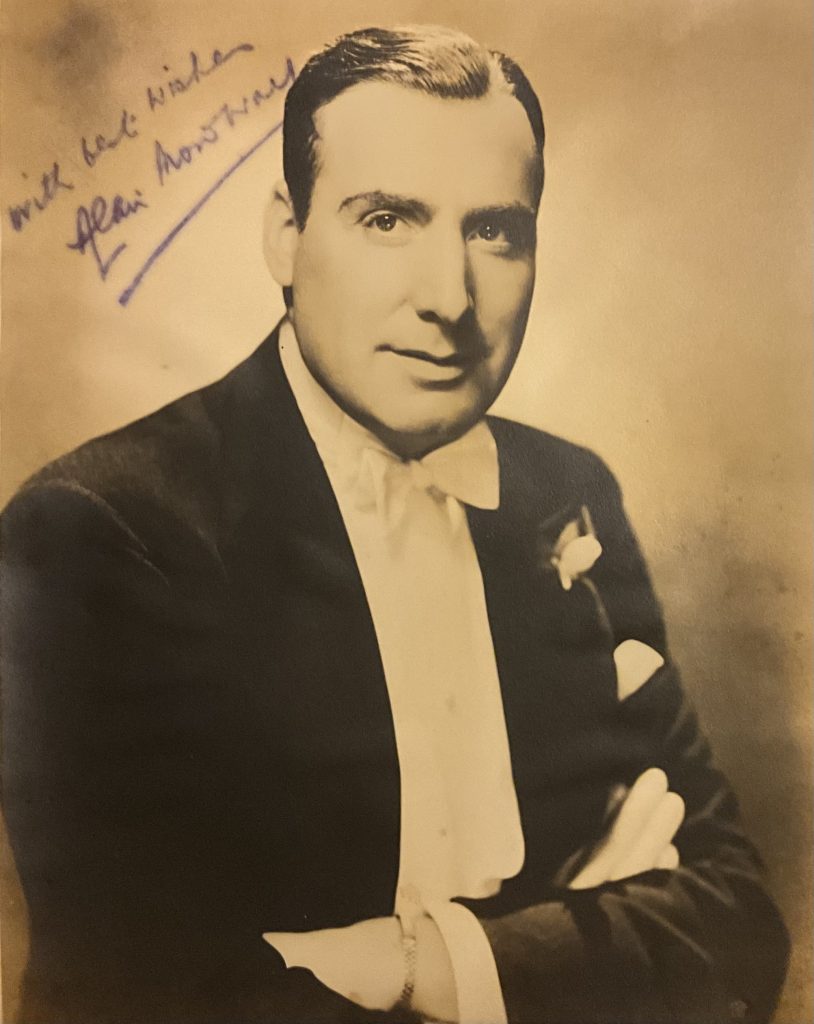

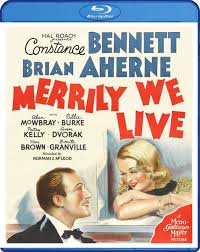
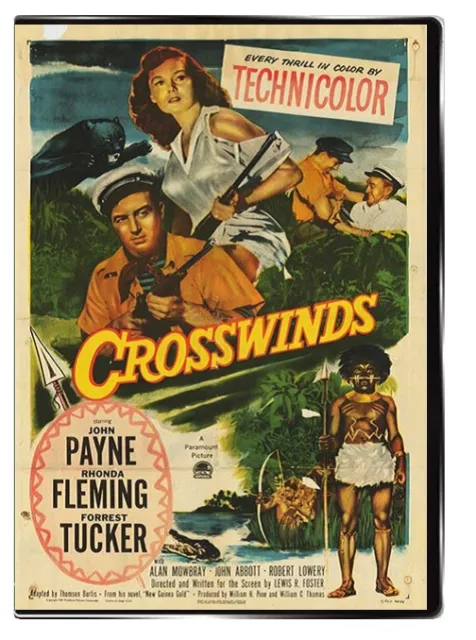
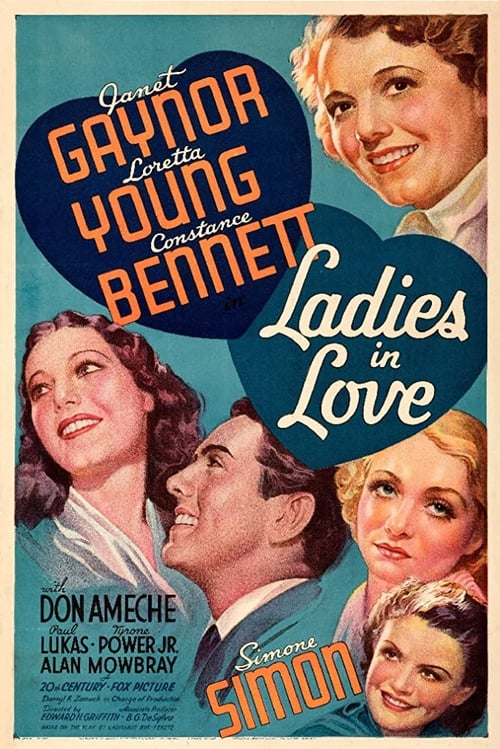

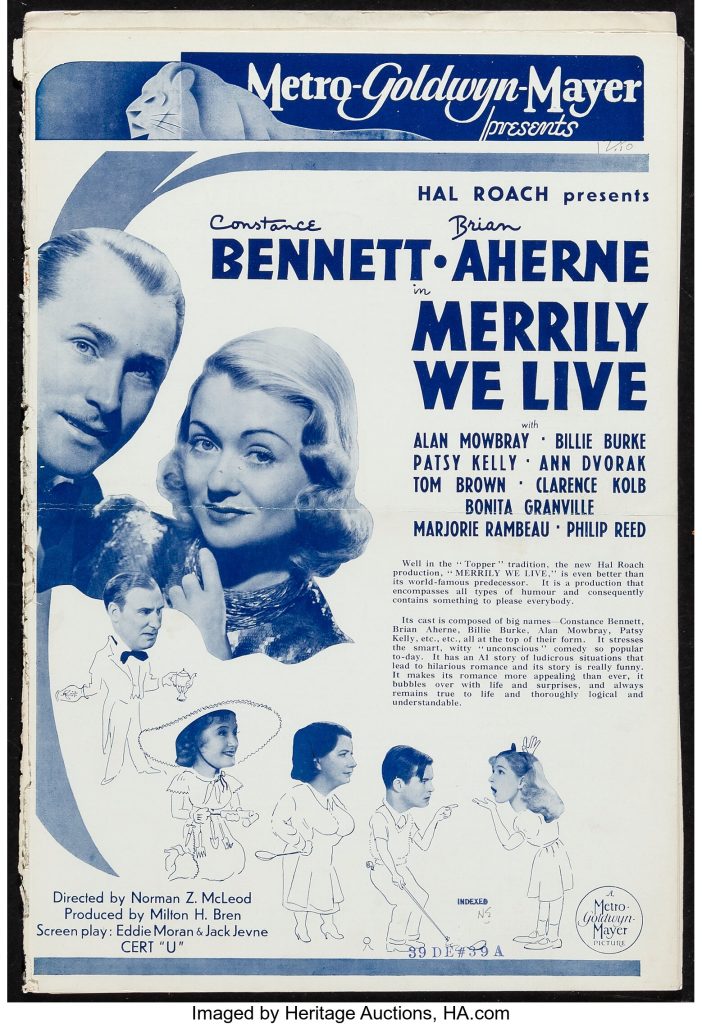
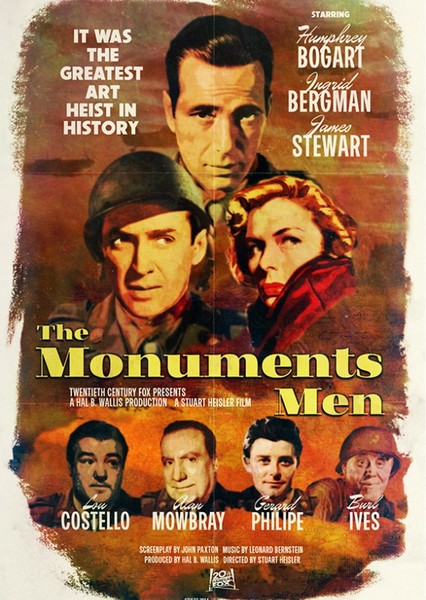
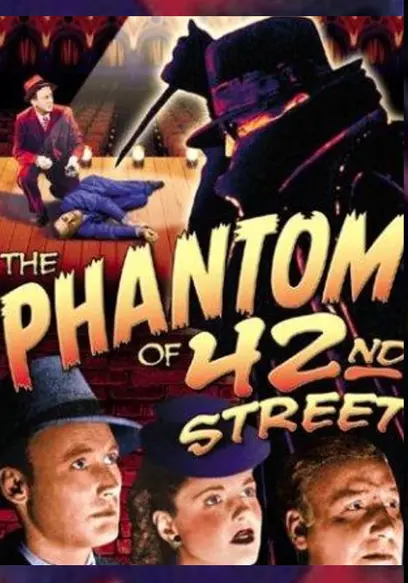
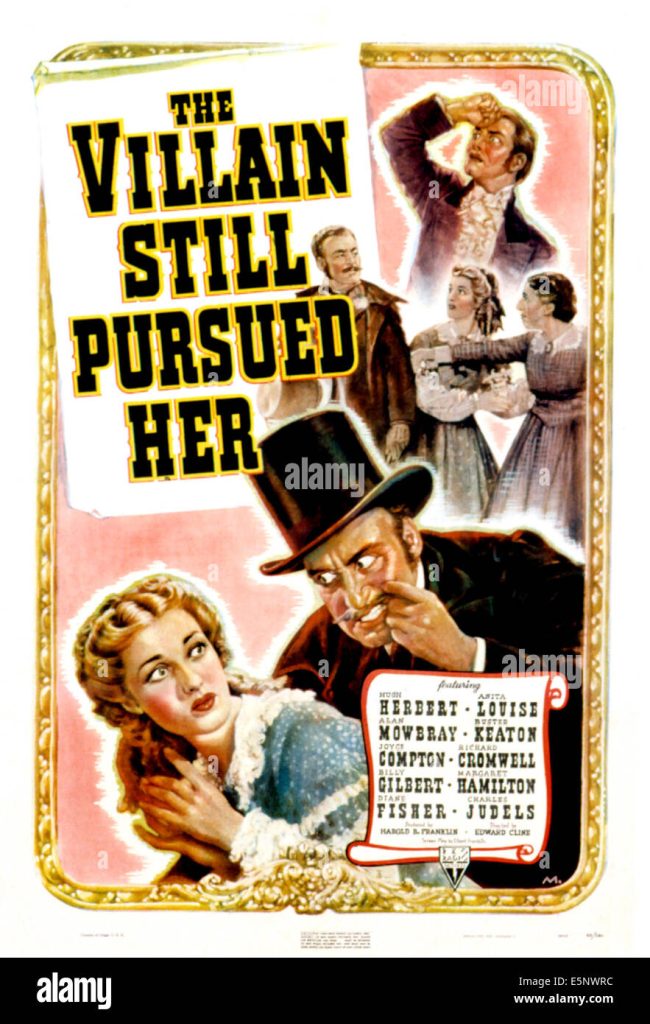
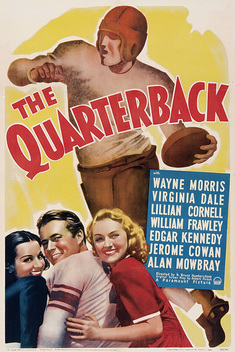
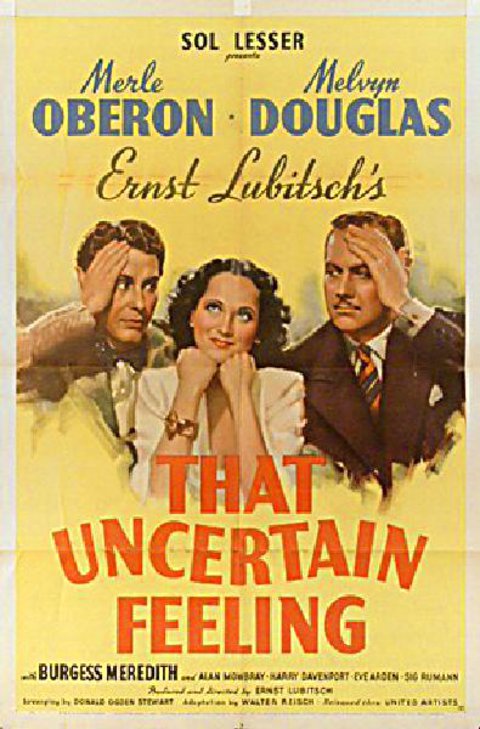
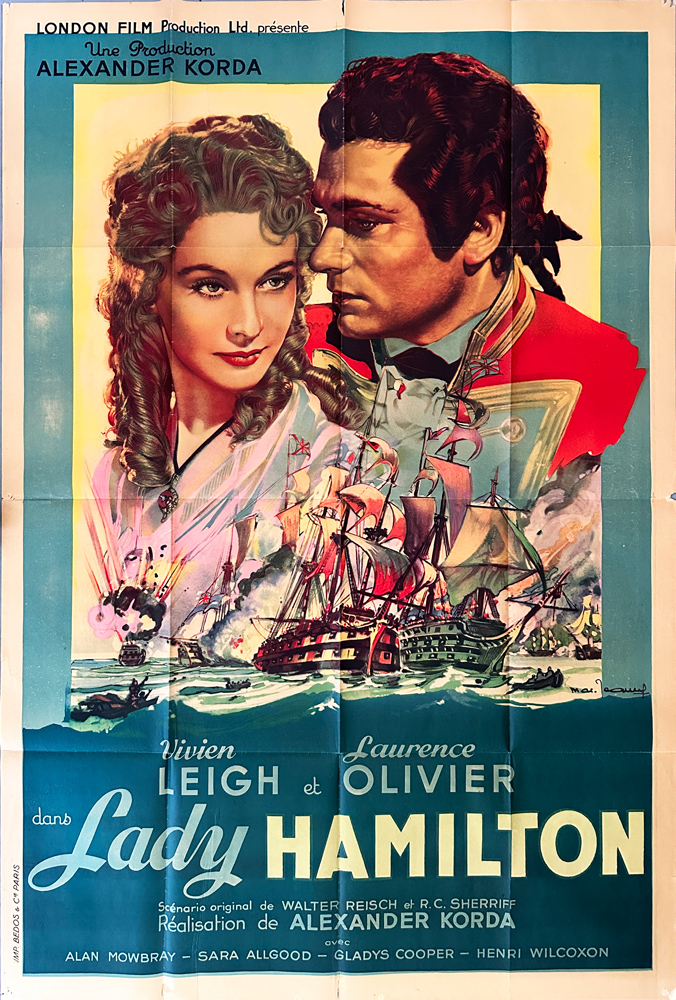

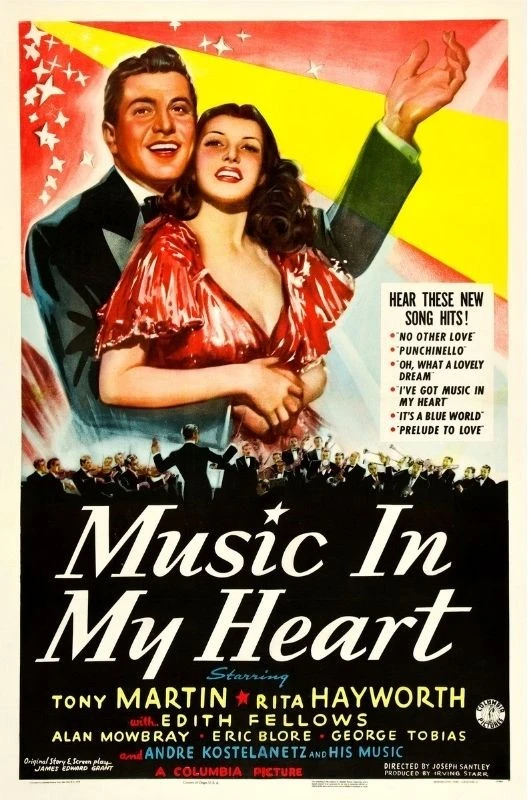
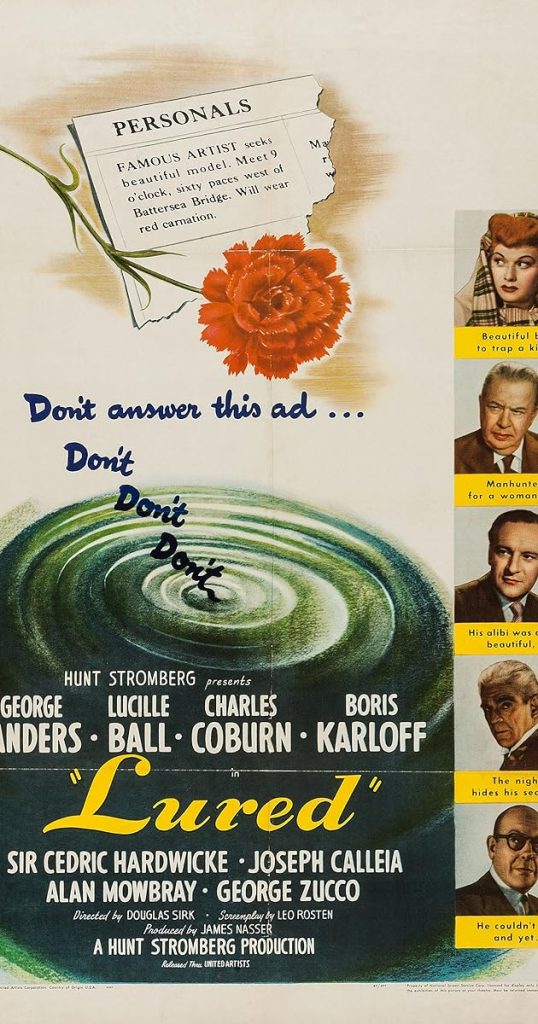
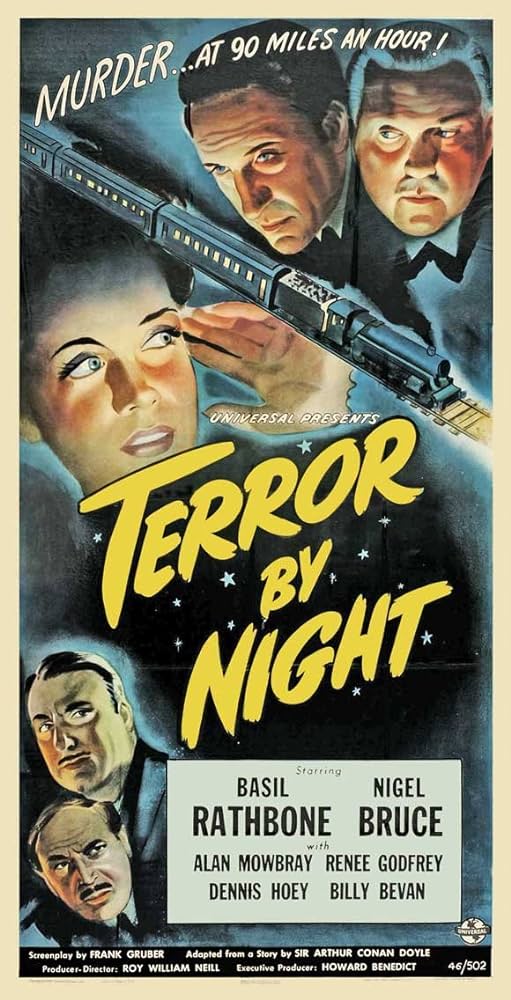
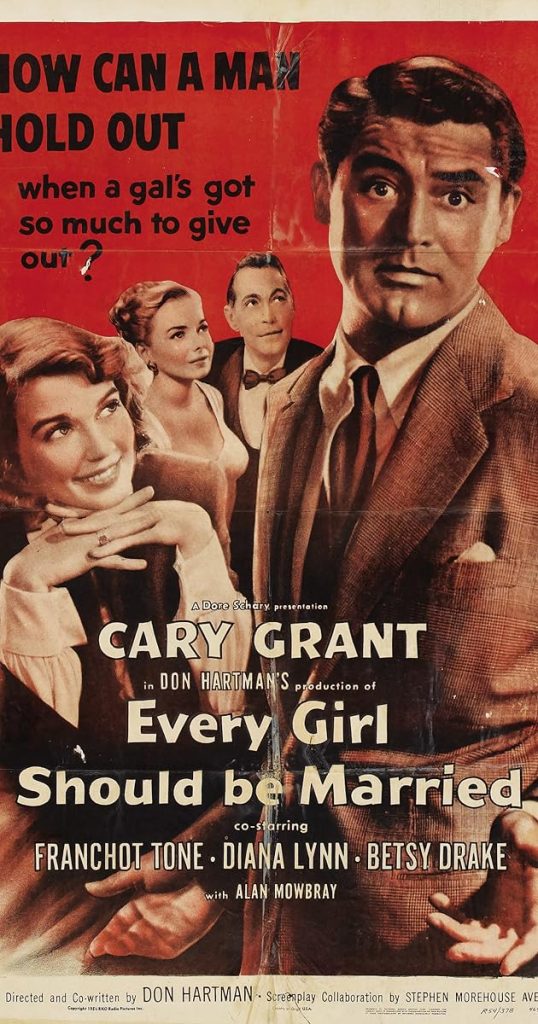
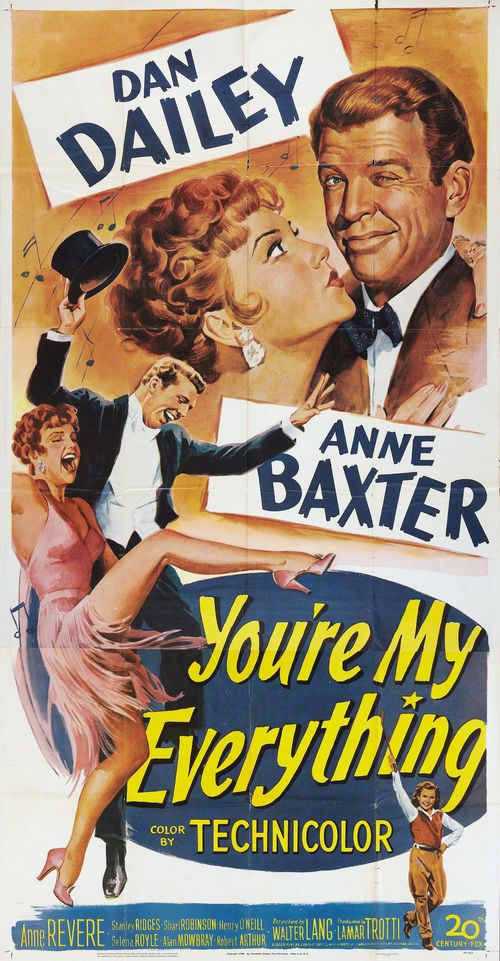
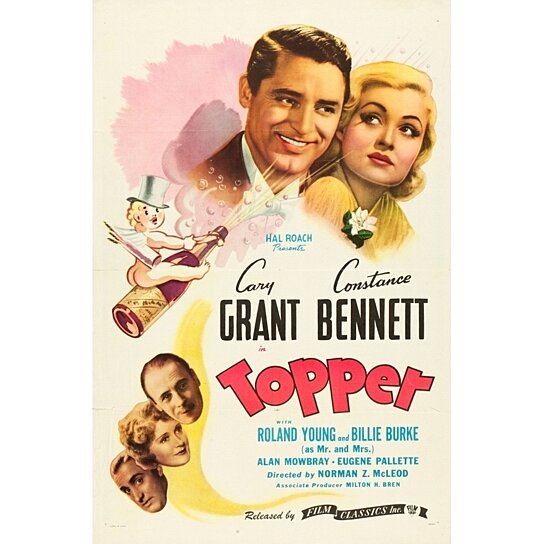
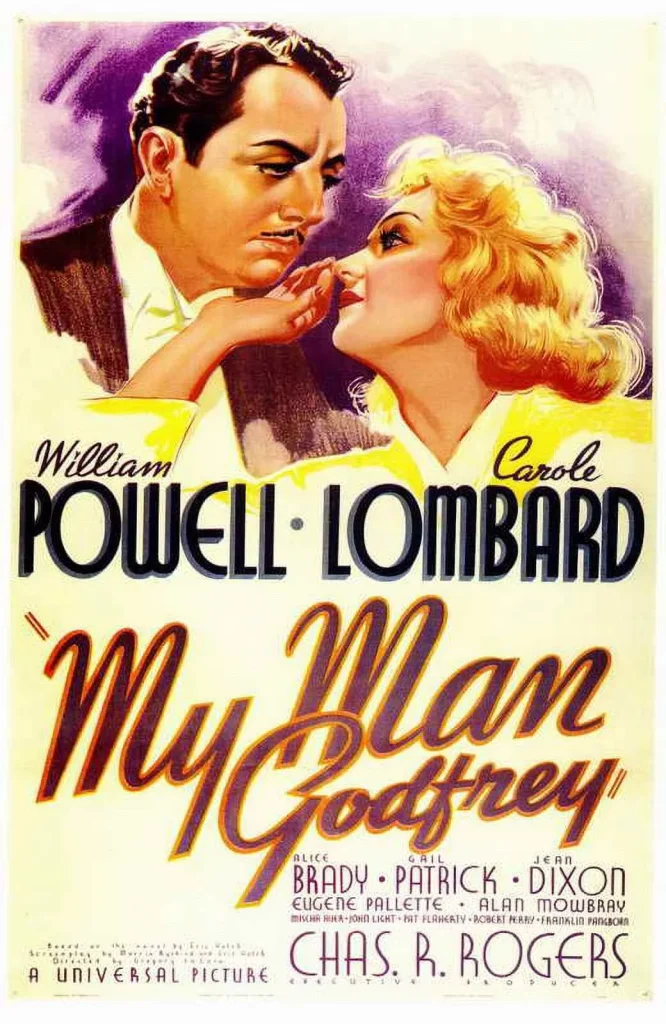
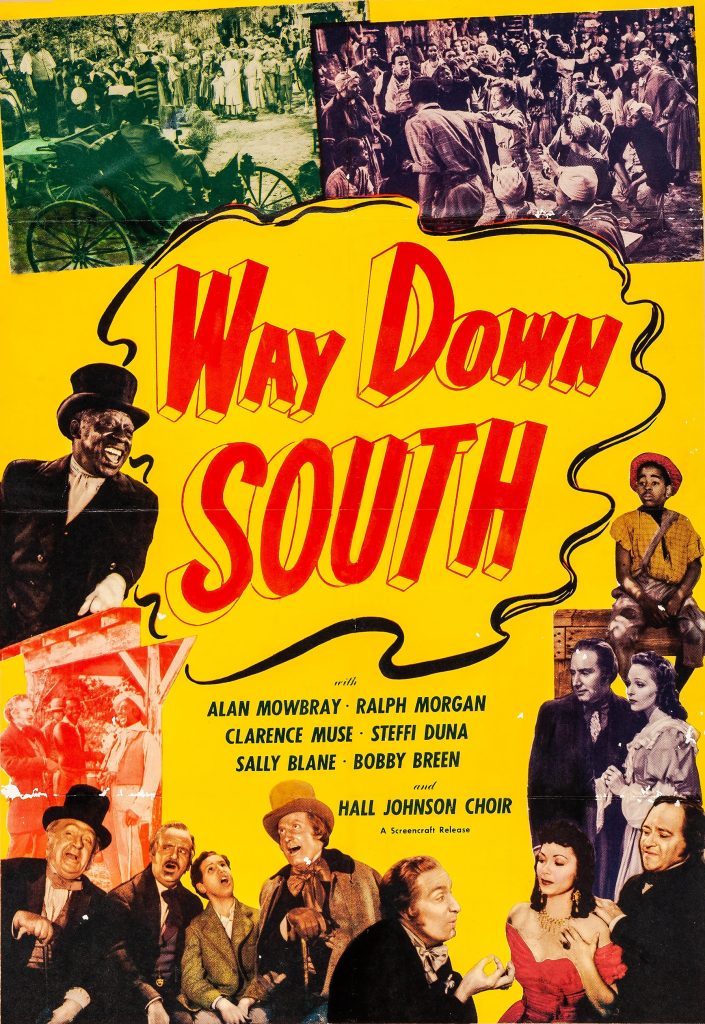

Alan Mowbray was born in London, England. He served with distinction in the British Armyin World War I, being awarded the Military Medal and the French Croix de Guerre for bravery in action. He applied for transfer to the Royal Air Force, which was granted just six days before the war ended. This placed him in London on Armistice Day. His service came to an end when the Royal Air Force wanted another seven years from him
Mowbray began his stage career in London in 1922, as an actor and stage manager. In 1923 he arrived in the United States and was soon acting with New York stock companies. He debuted on Broadway in The Sport of Kings (1926); in 1929 he wrote, directed and starred in the unsuccessful Dinner Is Served.
Mowbray made his film debut in God’s Gift to Women (1931) playing a butler, a role in which he was thereafter often cast. In a contemporary pulp magazine story, Raymond Chandler lampooned Mowbray’s distinctive clipped speech in these roles: a butler is described as having “a wing collar and an accent like Alan Mowbray.”
Mowbray appeared in five more pictures in 1931, notably portraying George Washington in Alexander Hamilton. In 1935, he played one of the male leads in Becky Sharp, the first feature-length film in full-colour Technicolor, as well as playing the lead in the farcical Night Life of the Gods, based on a Thorne Smith novel. It was for another Thorne Smith–derived film, Topper (1937), that Mowbray may be best remembered; he played Topper’s butler Wilkins, a role he reprised the following year in Topper Takes a Trip. Throughout the 1930s and 1940s, Mowbray worked steadily, appearing in over 120 films including the Oscar-nominated My Man Godfrey (1937).
In the 1950s, Mowbray’s film roles decreased, and he began to appear on television. He played the title role in the DuMont TV series Colonel Humphrey Flack, which first aired in 1953–54 and was revived in 1958–59. In the 1954–55 television season, Mowbray played Mr. Swift, the drama coach of the character Mickey Mulligan, in NBC’s short-lived The Mickey Rooney Show: Hey, Mulligan. He portrayed the character Stewart Styles, a maitre d with a checkered past in the 1960-1961 adventure/drama series Dante, reprising a role he had originally played in several episodes of Four Star Theatre. Mowbray appeared in the titular role as a crooked astrologer in the 1959 episode “The Misfortune Teller” of the Maverick television series starring James Garner and Kathleen Crowley, and as Cranshaw in the episode “Quite a Woman” of the 1961 series The Investigators starring James Franciscus.
In 1956, Mowbray appeared in three major films, The King and I, The Man Who Knew Too Much and Around the World in 80 Days.[5] His final film role was as Captain Norcross in A Majority of One in 1961. In 1963, he returned to Broadway in the successful comedy Enter Laughing, playing Marlowe, the unscrupulous mentor to David Kolowitz (played by Alan Arkin).
Mowbray was a founding member of the Screen Actors Guild in 1933, writing a personal check to fund the group’s incorporation and serving as the first vice president.
Mowbray married Lorraine Carpenter in 1927. Together they had two children, including daughter Patricia, who, at age 28 married her father’s friend, 70-year-old Canadian actor Douglass Dumbrille, in 1960.[7]
Unusually for a Hollywood star, Mowbray was less of a fan of seeing himself on the screen, but enjoyed working behind the scenes. In addition to helping found the Screen Actors Guild,[8] he was among the founders of the Hollywood Cricket Club. He was a prominent early member of the Masquers Club, and donated to the group’s long-time clubhouse at 1765 N. Sycamore Street in Hollywood. He also was a founder of the British United Services Club,[9] a club for ex British Military members in Hollywood that met at the Masquers.
Mowbray cooperated heavily with the FBI in the investigation of Japanese Spy Frederick Rutland, keeping it secret for the rest of his life, even though he ironically played a spy in the original The_Man_from_U.N.C.L.E.
Mowbray died of a heart attack in 1969 in Hollywood, survived by his wife and children. His body is interred in the Holy Cross Cemetery in Culver City, California.

